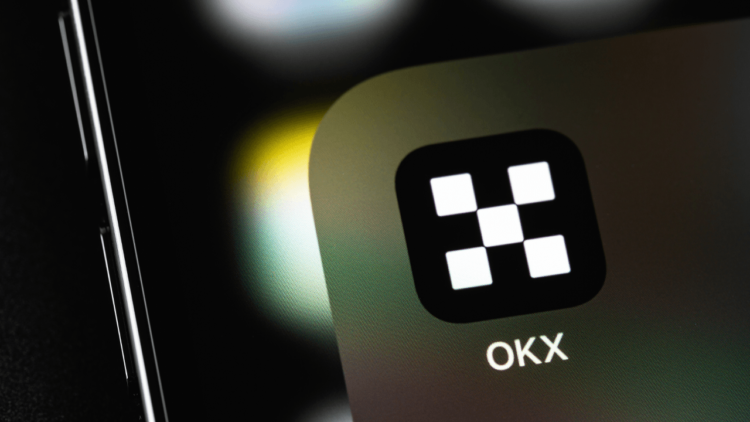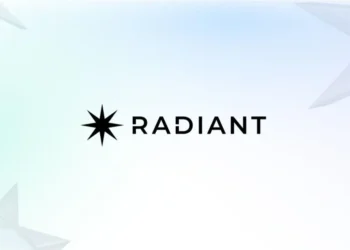Quick Breakdown
- OKX introduces Rubix, a modular solution helping financial institutions integrate regulated digital-asset services seamlessly.
- The platform combines market access, execution, custody, and settlement within one compliant framework.
- Rubix aims to simplify institutional crypto adoption by reducing operational complexity and aligning with global regulations.
OKX has unveiled Rubix, a modular workflow solution designed to help regulated financial institutions seamlessly integrate digital-asset services into their existing infrastructure. The new platform aims to remove operational and regulatory barriers that have slowed institutional adoption of cryptocurrencies.
Introducing OKX Rubix: Digital Assets-as-a-Service for institutions.
– Modular, interoperable, plug & play
– Regulated market access, liquidity, execution
– Custody, settlement, and controls in one frameworkYour client experience – our regulated infrastructure. Puzzle solved.
— OKX (@okx) October 23, 2025
Streamlining institutional access to digital assets
Rubix allows banks, brokers, neobanks, and wealth managers to incorporate crypto trading, custody, settlement, and reporting without overhauling their current systems. Institutions can maintain their existing client interfaces, branding, and compliance frameworks while OKX provides the regulated market infrastructure in the background.
Through its modular architecture, Rubix fits directly into an institution’s front-, middle-, and back-office operations, connecting to order and execution management systems via FIX, REST, and WebSocket APIs. The solution also supports integrations with licensed custodians and third-party providers, enabling secure off-exchange storage and collateral optimization using fiat, stablecoins, or tokenized money-market funds.
Regulated and scalable for global markets
Rubix is structured to comply with major global regulatory standards, including MiCA/MiFID II in Europe, VARA in the UAE, AFSL/AUSTRAC in Australia, and U.S. MSB/MTL frameworks. The platform combines deep liquidity pools, OTC RFQ execution, and “trade first, settle later” post-trade settlement to enhance capital efficiency for institutional users.
By embedding crypto functionality directly into traditional financial systems, Rubix enables institutions to diversify their product offerings from retail crypto trading and stablecoin settlements to tokenized yield products without compromising governance or client control.
With the launch of Rubix, OKX aims to create a bridge between traditional finance and digital assets, positioning itself as a key enabler for regulated institutions entering the crypto economy.
In a recent development, OKX founder and CEO Star Xu revealed that the company quietly developed a decentralized perpetuals trading platform in 2023 through its Web3 division, targeting competitors like Hyperliquid and Aster as part of its broader DeFi strategy.
If you would like to read more articles like this, visit DeFi Planet and follow us on Twitter, LinkedIn, Facebook, Instagram, and CoinMarketCap Community.
Take control of your crypto portfolio with MARKETS PRO, DeFi Planet’s suite of analytics tools.”





















